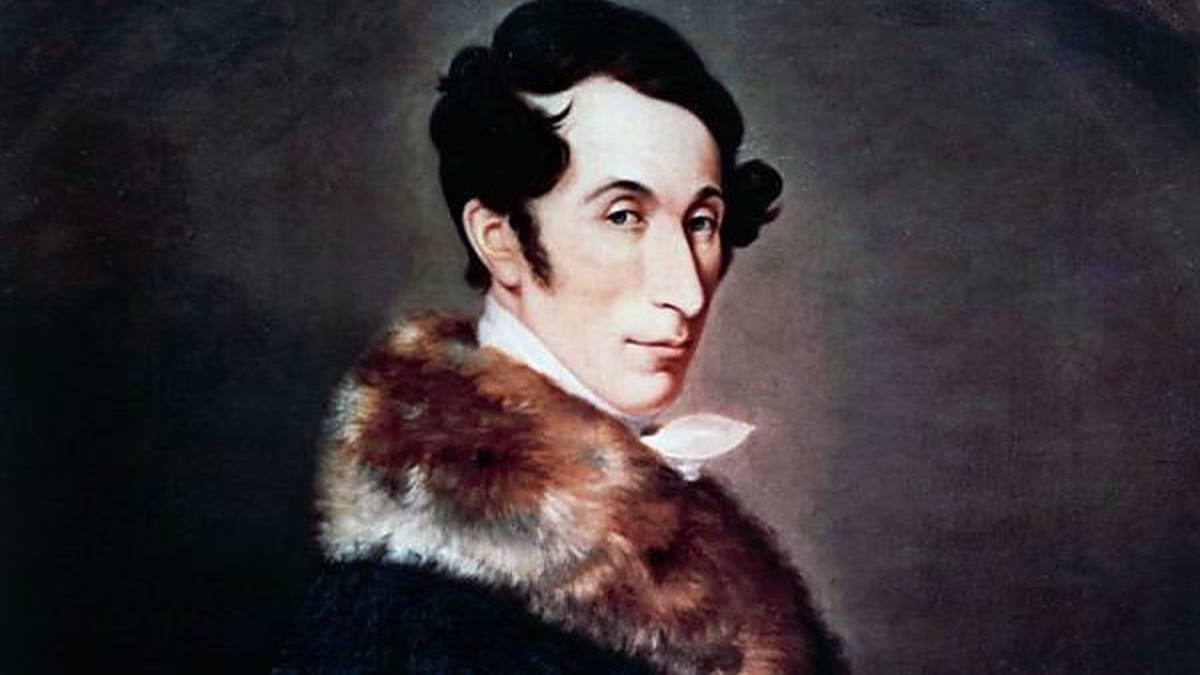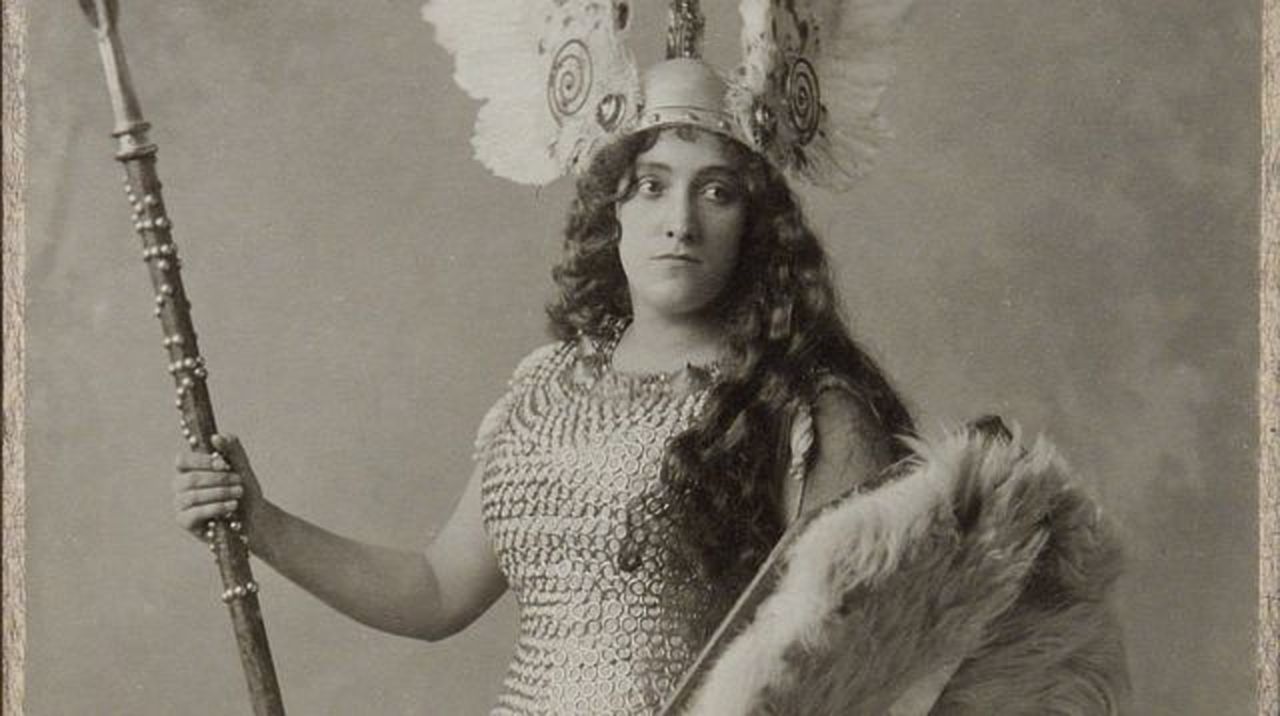Weber’s “Euryanthe”: Two Excerpts from a “Grand Heroic-Romantic Opera”
Listen to the music of Carl Maria von Weber (1786-1826), and you will hear the seeds of Wagner. A contemporary of Beethoven and Schubert, Weber was one of the great innovators at the dawn of the Romantic period. In contrast to the prevailing Italian bel canto operas of Donizetti and Rossini, he developed a style of opera which was distinctly German. As music director in the opera houses of Prague and Dresden, Weber was …



